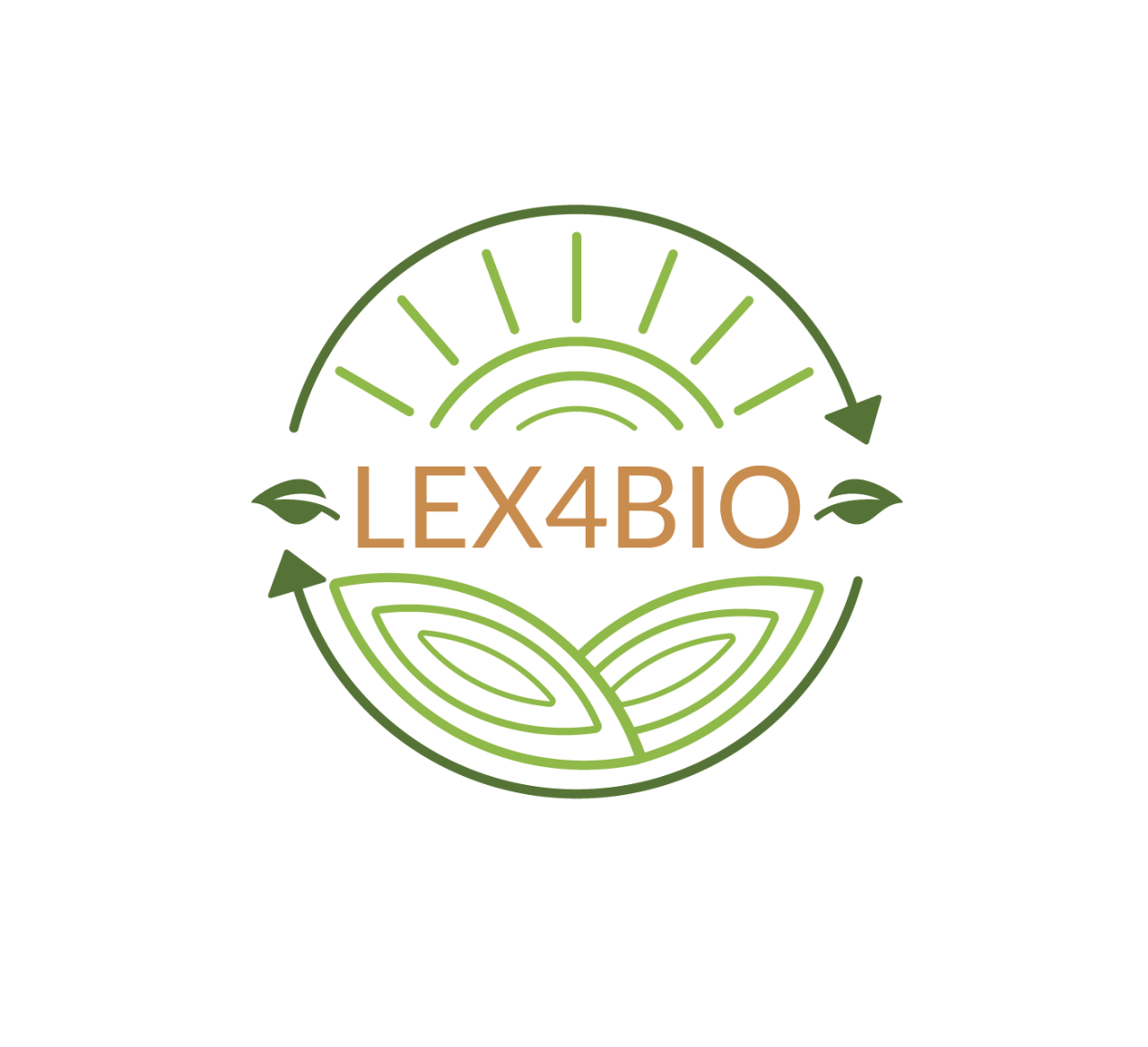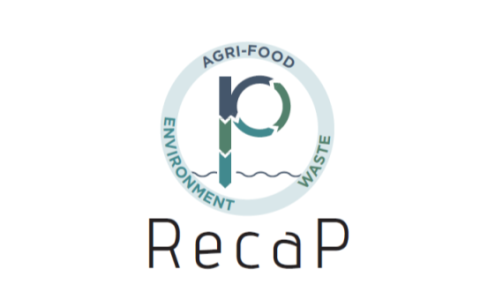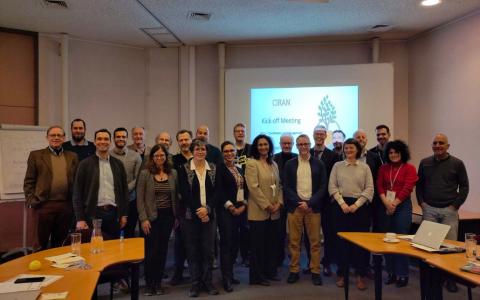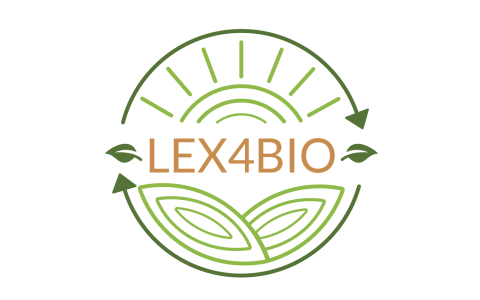Bio-based fertilizers (BBFs) will have an increasingly important role in future food production. By optimising the use of nutrient-rich side-streams—e.g. manures and sewage sludges—as BBFs in agriculture, European dependency on imported fertilisers can be reduced. A circular economy can also provide new BBF-related job opportunities in rural areas.
Phosphorus resources are finite, and production of nitrogen fertilisers is energy intensive, causing greenhouse gas emissions. In new Horizon 2020 project LEX4BIO, replacing mineral fertilisers with BBFs within EU is evaluated by mapping nutrient-rich side-streams estimating their nutrient contents and providing necessary technologies for producing safe BBFs.
“LEX4BIO supports the transition towards a circular economy by enhancing the use of nutrient-rich side-streams as BBFs. By optimising the use of fertilisers according to crop requirement, environmental impacts can be minimised and agriculture profitability improved”, states LEX4BIO coordinator, senior scientist Kari Ylivainio from Natural Resources Institute Finland (Luke).
The project will provide phosphorus fertilisation recommendations according to crop requirement at the European level. This requires developing a common soil testing procedure across Europe for testing and comparing plant-available phosphorus content in soil. Currently there are several soil testing methods used, and in LEX4BIO the possibility of a uniform soil testing method will be evaluated.
Safe fertilizers according to crop need
In LEX4BIO, crop response to phosphorus- and nitrogen-based BBFs is evaluated in various growing conditions across Europe. The aim is to identify BBFs with the best agronomic efficiency, and to guarantee food and feed safety and human health. The main risks in utilising BBFs relate to harmful organic substances, such as antibiotics, and their possible transfer into the food chain, or increased antibiotic resistance in agricultural soils. In addition to organic contaminants, the risk of heavy metals entering the food chain after application of BBFs is also assessed. LEX4BIO will determine the technology requirements for producing safe BBFs across the EU under diverse growing conditions.
LEX4BIO’s consortium consists of 21 partners from 14 European countries, including research institutes, universities, SMEs and industry partners. The project has a budget of €6 million starts in June 2019 and lasts until May 2023.
For more information:
Senior scientist Kari Ylivainio, +358295326661, kari.ylivainio@luke.fi

This project has received funding from the European Union’s Horizon 2020 research and innovation programme under grant agreement No 818309




